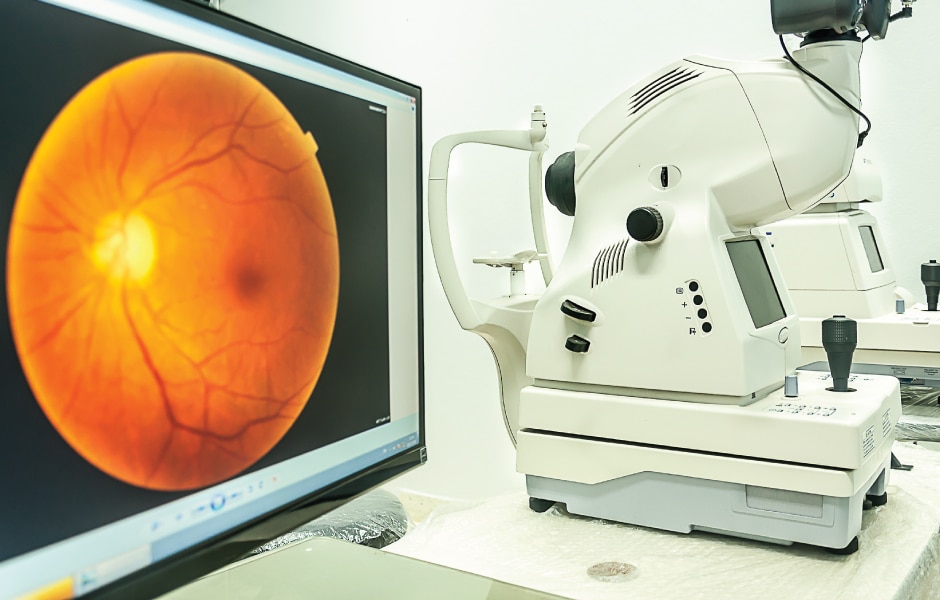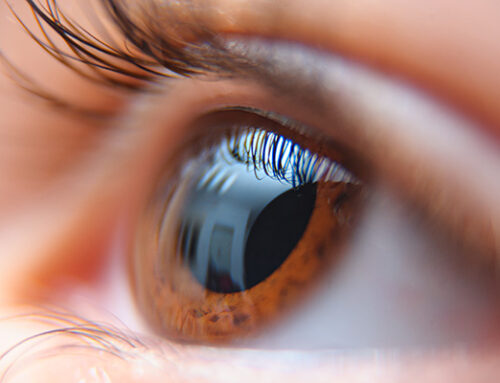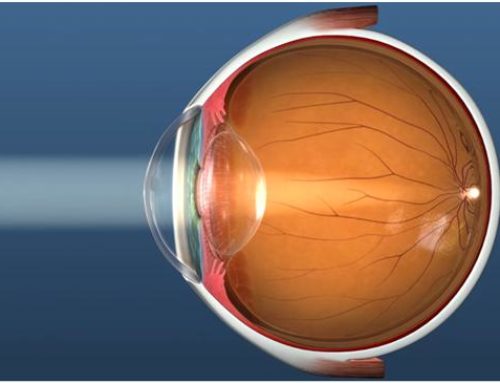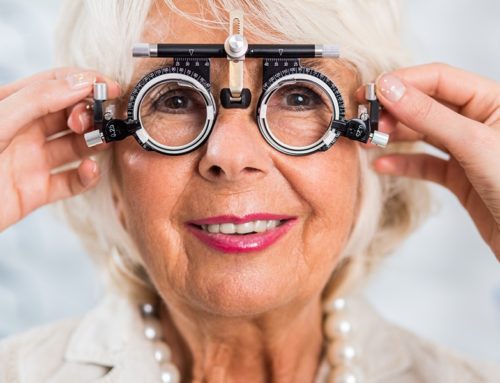Educate Yourself about Common Retinal Eye Diseases
Proper education is one of the best things that you can do to protect your vision. As you learn more about these common eye diseases, you can watch for potential signs and symptoms. At the same time, you can take a proactive approach to change your lifestyle so that you can protect your vision.
What are Retinal Eye Diseases?
The retinal tissue is located in the back of the eye. This tissue works in a similar way as a camera: the images come in through the lens and then they are received in the retina. You can’t see the retina by looking in the mirror at your eyes. But, this section of your eye can be examined when you visit an eye doctor in Chicago.
During the appointment, the optometrist will use drops that dilate the iris of your eye. As the eye opens up, a magnifying glass can be used to see the health of the retinal area within your eye. This examination gives the eye doctor the opportunity to identify potential retinal diseases when the diseases are in the early stages.
Keep in mind that many retinal eye conditions share similar symptoms. But, an experienced eye doctor can assess your individual situation to identify the unique characteristics of the eye disease for proper diagnosis.
Macular Degeneration
Many people experience age-related macular degeneration (AMD) in the later years of their life. This disease has an impact on the central vision that is used for daily tasks such as watching television, identifying faces, driving, and reading. As the disease progresses, the person loses their ability to have sharp, central vision.
Researchers are still trying to identify the exact cause of AMD. Age is a big risk factor. Other risk factors include ethnicity, weight, diet, smoking, and family history.
Diabetic Retinopathy
If you have diabetes, then you have a higher risk of retinal eye disease. As the blood sugar levels change, it has a negative impact on the blood vessels within the eyes. If these blood vessels are damaged, then it could result in irreversible vision loss. Everyone with diabetes has an increased risk of diabetic retinopathy, and this risk increases with the severity of the blood sugar imbalances and the duration of diabetes.
It is possible to prevent diabetic eye diseases by monitoring blood sugar levels and making lifestyle changes to keep the blood sugar balanced. Early detection is important so that you can take a proactive approach to change your diet. Work closely with your doctor and optometrist to find the right balance of lifestyle changes and medications to manage your blood sugar levels.
Retinal Detachment
When scar tissue develops within the retinal area, it could cause the retina to pull away so that it is no longer attached to the back of the eye. If this retinal detachment is left untreated, it will likely lead to blindness. Early detection of this retinal eye disease offers the best results because there are certain treatments that can be used to repair the damage.
If you want to avoid vision loss because of retinal conditions or other eye diseases, then you need to be sure that you maintain regular eye exams. Talk with the best optometrist in Chicago bycontactingVillage Eyecareto schedule an appointment.








